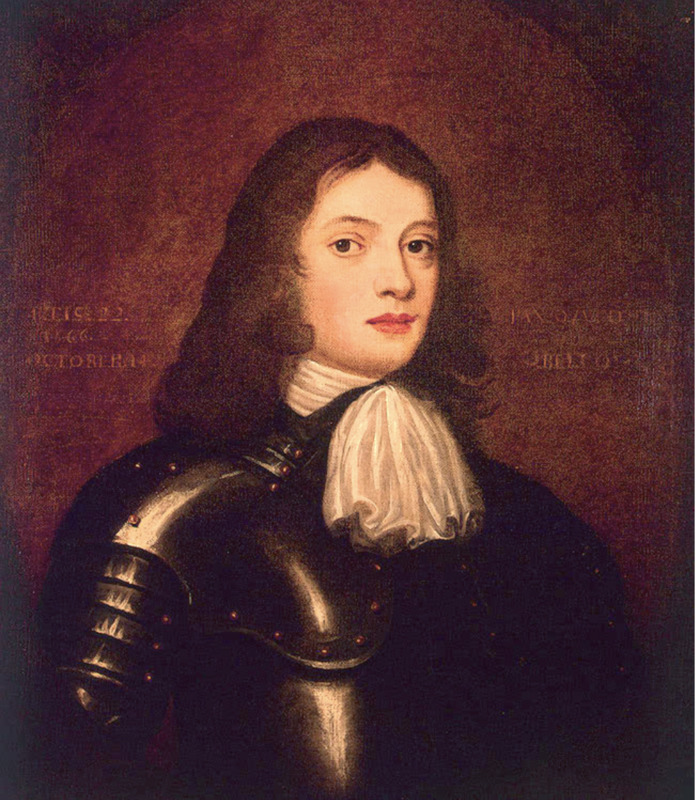Quakers and Vietnam
By MacLaren M. Remy
The Quaker, William Penn, founded The Colony of Pennsylvania, like many of the original American colonies and settlers, Quakers were a religious minority seeking land for its members. The founder of the faith, George Fox, believed that the decorum and hierarchy associated with the Church of England was excessive and that God, or to Quakers, the Light, lives within each man and woman, not the physical objects that clergy claim are holy. Since there is that of God in everyone, Quakers are staunch pacifists. So as the Vietnam War broke out, Pennslyvania Quakers joined the ranks of antiwar activists.
The American Friends Service Committee (AFSC) is a Philadelphia-based activist group that was founded in 1917. Its members became concerned about how the draft would interfere with their religious beliefs so they sought to avoid the draft. The Committee still sought to aid the victims of war in any way that it could. In 1947, the AFSC accepted the Nobel Peace prize on behalf of Quakers everywhere. So, as the Vietnam War began, the AFSC was an established organization. In 1965, it released a statement urging the US Government to cease military strikes in The Republic of Vietnam (South Vietnam) and stated its intent to aid 60,000 “uprooted” individuals. Through the war, the committee members released press materials to urge the public to disavow the war on the basis of its immorality. One pamphlet from 1973 titled “Deceiving the American People” evaluated the legality of American talking points and shared foreign press coverage of the war. Additionally, it included articles on how to get involved with activist work highlighting the Quaker values of community, peace, and stewardship.
John Braxton worked with the American Friends Service Committee in 1963. He and some of his friends wanted to participate in civil disobedience which the AFSC did not endorse. So, they formed A Quaker Action Group to participate in nonviolent civil disobedience. Braxton participated in door-to-door canvassing in Chester, PA where a resident called him a “communist and a Nazi,” highlighting how Quakers during the Vietnam War were not a popular group. A Quaker Action Group also financed a film crew to go to the Democratic Republic of Vietnam and on a second voyage to Vietnam, Braxton decided to join, skipping his fall semester at Swarthmore College. Life on the boat was very simple and, in his interview, Braxton clarifies the simple times on the boat were very on par with the tenets of Quakerism. When they arrived in the Democratic Republic of Vietnam, the Tet Offensive was ongoing. Braxton comments on the hostility of the American forces in comparison to the warm welcome he got from the Vietnamese. When he returned to Pennsylvania, Braxton registered for conscientious objector status and the American Government granted it in late 1968. Despite this, the draft board kept coming for him, and despite his CO status, Braxton was arrested for dodging the draft. Once in jail, he could not participate further in the antiwar movement, but Braxton remained a faithful Quaker.
A Quaker Action Group’s documents are currently held at the Swarthmore College library.
Further readings:
- “A Quaker Action Group Records, 1965-1973.” A Quaker Action Group Records (DG 074), Swarthmore College Peace Collection. Swarthmore College Peace Collection. Accessed November 18, 2022.
- Comfort, William Wistar. The Quakers: A Brief Account of Their Influence in Pennsylvania. University Park, Pa: Pennsylvania Historical Association, 2000.
- “Peace Witness and Relief Efforts during the Vietnam War.” Quakers in the world.


